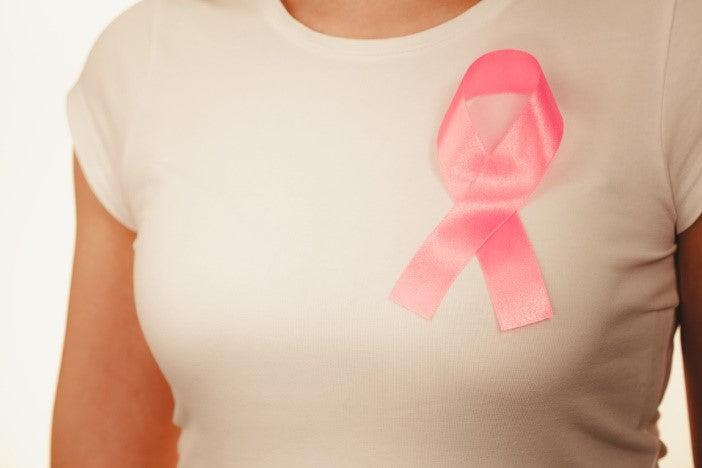Breast cancer.
Few words conjure up more fear in women.
Thankfully, women who develop breast cancer today have a better chance of surviving than they did a few decades ago. In the 1970s, 65 percent of women diagnosed with breast cancer died within 10 years, while now 77 percent are surviving for 10 years.
But the dark side of that is more women than ever are being diagnosed with breast cancer.
Why would that be?
Well, let’s look at a few things…
It’s all in your hormones
Breast cancer is hormonally-related cancer and here’s how.
Hormones are your body’s chemical messengers that transport signals from one cell to another and orchestrate everything your body does.
For example, adrenaline is a hormone produced by your adrenal glands that causes your pupils to dilate and your heart rate and breathing to increase when you sense danger.
Hormones cruise through your bloodstream looking for a “receptor site” on your cells, so they can latch on and work their intended purpose.
But a problem arises when there are hormones in your bloodstream that can’t find receptor sites—then they end up circulating through your body and can cause a variety of health problems, including cancer.
This is how excess estrogen is related to breast cancer.
Is it genetics?
Although testing is now frequently done for the BRCA-1, BRCA-2, and p53 genetic mutations, the fact remains that only about 5-10 percent of breast cancers are the result of genetics.
And even if you happen to possess a gene that predisposes you to breast cancer, that is not a guarantee you will get the disease. Fact is, genes can lie dormant for a lifetime until and unless they are “awakened” into action, typically through poor lifestyle habits.
The role of environmental toxins
It’s probably no surprise to you that we live in a toxic world, and many of these toxins are connected to hormone-related cancers like breast cancer.
Especially guilty are substances known as endocrine disruptors. Endocrine disruptors damage your hormone production and usage, and negatively affect cell growth, development, and metabolism.
Unfortunately, endocrine disruptors are everywhere. Here are some of the most common and dangerous ones:
- Pesticides and herbicides, which are sprayed literally everywhere
- Heavy metals like arsenic, lead, cadmium and mercury. Mercury is the worst one and is found in amalgam dental fillings, high fructose corn syrup, and vaccines (especially flu shots).
- Phthalates found in hard plastics
- PCBs and dioxins which are the result of many manufacturing processes
Xenoestrogens—deadly imitators
Xenoestrogens are substances from outside sources and the environment that mimic estrogen in your body.
It’s bad enough if your body has excess estrogen that you’ve produced that can’t find receptor sites on your cells, but then when you add in the effects of xenoestrogens, you are dialing up your breast cancer risk tremendously!
So where are these xenoestrogens coming from?
Hormone-laden meats, eggs, and dairy products! Estrogen is fed to conventionally-raised cattle and chickens to increase their meat, milk and egg production. And when you eat these foods, that excess estrogen becomes a part of you.
How to reduce your risk!
Here are some strategies to help clear excess estrogen from your body, plus help reduce your breast cancer risk overall.
-Strive to buy organic, hormone-free meat, milk and eggs.
-Opt for thermography over mammograms. Unlike mammograms, thermography uses no cancer-causing radiation. Instead, it measures the heat in your body and identifies areas where inflammation and tumor growth might be present. Although it’s typically not covered by insurance, the price is reasonable—about $150-$200 (FAR less than a mammogram!).
-Use chemical-free household and personal care products.
-Avoid pesticide and herbicide use on your property.
-Support regular bowel movements and a healthy gut environment with Super Shield multi-strain probiotic formula. Your body eliminates excess estrogen through the GI tract, but it can only do so when you have a healthy gut and regular BMs! Full-spectrum probiotics like Super Shield can help pave the way for smooth BMs and a strong gut wall so excess estrogen can be eliminated like it should be.
-Use stainless steel or glass options over plastic food containers and water bottles.
-Avoid processed foods that are nothing but chemical cocktails that make you toxic! Cancer thrives in a toxic environment.
Sherry Brescia
The information in our articles are NOT intended to replace a one-on-one relationship with a qualified health care professional and are not intended as medical advice.











